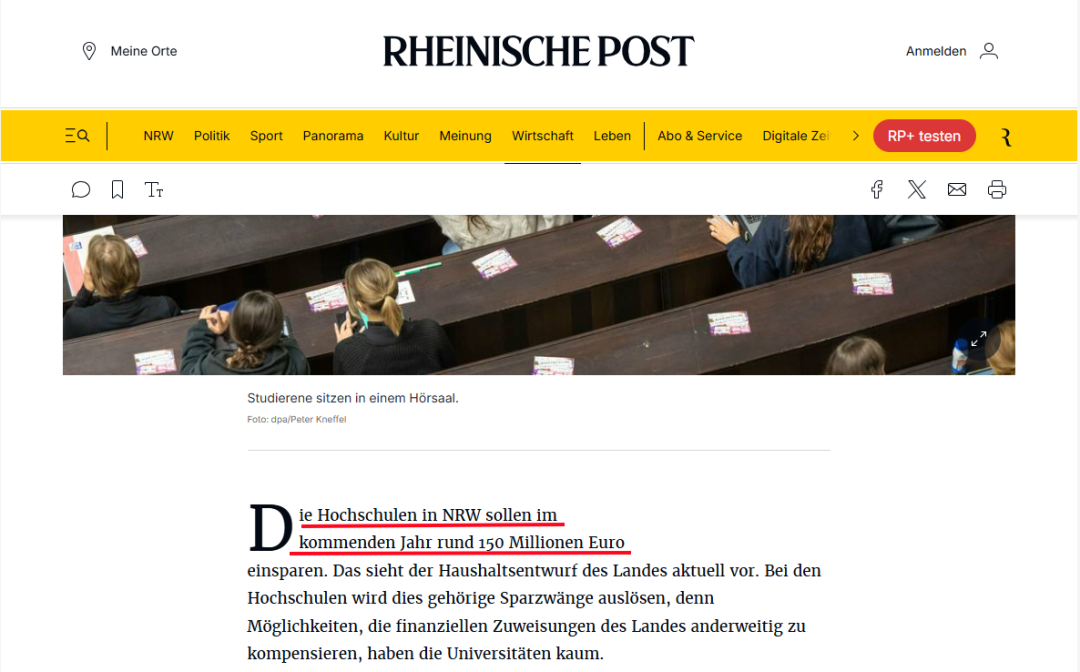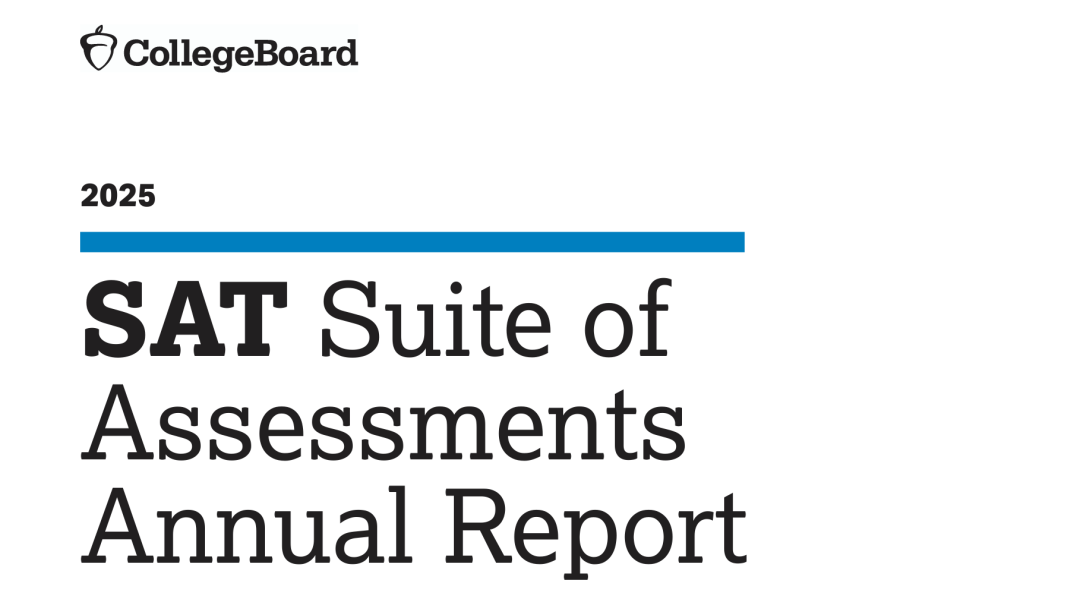标题的“第二个字典解释”加了引号,代指那些和我们常规积累的单词意思不同的意思,
比如wanting 考察的意思会是lacking(缺少), economy 考察的意思会是thrift (节约), affect 考察的会是动情( move emotionally)和假装(pretend), diverting 可以表示娱乐(entertaining)的意思,等等。
在SAT,GRE, TOEFL 的词汇相关的考察里面都有类似的情况,所以下面的这个常考单词的“第二个字典解释”可以保存+反复看下,当然你也可以在这个基础之上,建立一个自己觉得考察有特点的词表。
Affect (v.) - to take on, assume;
affected (adj.) - behaving in an artificial/pretentious way
Afford - to grant (e.g., to afford an opportunity)
Allow - to enable, permit
Appreciate - to take into account, recognize the merits of, OR to increase in value Appropriate (app-row-pree-ATE) - to take from, steal
Arbitrary - done or decided randomly, without clear reason Bolster - to provide support for (an argument)
Arrest - to stop (not just put handcuffs on a criminal)
Assume - to take on responsibility for, acquire (e.g., to assume a new position)
Basic - fundamental, essential
Bent - liking or preference for
Capacity - ability
Chance (v.) - to attempt
Check - to control (e.g., the vaccine checked the spread of the disease)
Clear - obvious, evident
Common - widespread
Comprehensive - thorough, complete
Compromise (v.) - to endanger or make vulnerable (e.g., to compromise one's beliefs)
Constitution - build (e.g., a football player has a solid constitution)
Condone - to disregard or pardon an illegal or objectionable act Deter - to discourage
Conviction - strong belief. Noun form of convinced.
Currency - acceptance, approval (of an idea)
Demonstrate - to establish (e.g., to demonstrate the validity of a hypothesis)
Disparity - difference, gap
Distraction - amusement, entertainment, diversion
Diverge - to separate from
Doctrine - principle or set of teachings
Economy - thrift (e.g., a writer who has an economical style is one who uses few words) Element- component, aspect
Elevated - lofty, high-minded, idealistic
Empirical - derived from experiment or observation Endeavor - attempt
Establish- to prove, validate (e.g., to establish the accuracy of a theory)
Esteem (v.) - to hold in high regard
Execute - to carry out (e.g., to execute an order)
Exercise - to put into use, carry out a function
Exploit- to make use of, take advantage of (does not carry a negative connotation)
Facility- the ability to do something easily (e.g., a facility for learning languages)
Faculty - ability or aptitude
Fancy (v.) - to take a liking to
Feasible - doable
Fine - (1) narrow, thin (e.g., fine lines); (2) delicate, elegant; (3) keen, highly attuned Foil - to put a stop to (e.g., to foil a robbery)
Fundamental - basic, essential
Grave/Gravity- serious(ness)
Grievance - a wrong, grounds for complaint
Hypothesis - educated guess
Idealistic - cherishing noble or high-minded principles
Indifferent - not caring, utterly detached
innovation - new invention or discovery
Inevitable - unavoidable
Innate - inborn
Kicks - amusement (e.g., just for kicks)
Legislation - laws
Lofty - high-minded, exalted
Moral - concerned with the rules of right and wrong
Paradox - apparent contradiction
Nature - character, personality
Observe - to follow (e.g., to observe a law)
Original - innovative
Partisan - strong adherent to a party or idea
Phenomenon - occurrence
Plastic/plasticity - able to be changed or shaped (e.g., brain plasticity) Poor - inferior, substandard, ill
Pragmatic, Prudent - practical
Provoke - to elicit (e.g., to provoke a reaction)
Qualify - to provide more information or detail about
Range - scope
Raw - unrefined, unfiltered
Realize - to achieve (a goal)
Reconcile - to bring together opposing or contradictory ideas
Relate/Relay - to pass on information, give an account of (a story)
Reservations - doubts, misgivings
Reserve - to hold off on (e.g., to reserve judgment)
Scale - level (e.g., the experiment was repeated on a larger scale)
Scrap (v.) - to eliminate
Scrutinize - to examine closely
Sheer - utter, complete
Skeptical - questioning, doubtful
Sound - firm, stable, reliable, valid (e.g., a sound argument)
Spare, Severe - plain, unadorned
Stagnation - failure to progress or grow
Static - unchanging
Stipulate - to specify a requirement
Store (n.) - reserve, stock (e.g., to keep a store of food for emergencies) Shength - significance
Subordinate - lower-ranking
Substantiate - to prove; unsubstantiated - unproven
Synthesize - to bring together, integrate
Sustain (v.) - to withstand
Temper - to moderate, make less harsh
Train - to fixate on (e.g., to train one's eyes on something)
Treat - to alter
Undermine - to weaken, attack indirectly Underscore - to emphasize
Uniform (adj.) - constant, unvarying
Unqualified - absolute
Upset (v.) - to interfere with an expected outcome
Urge - to argue in favor of, advocate
Want (n.) - lack
Weight - seriousness, importance
Yield - to reveal (e.g., an experiment yields results)














